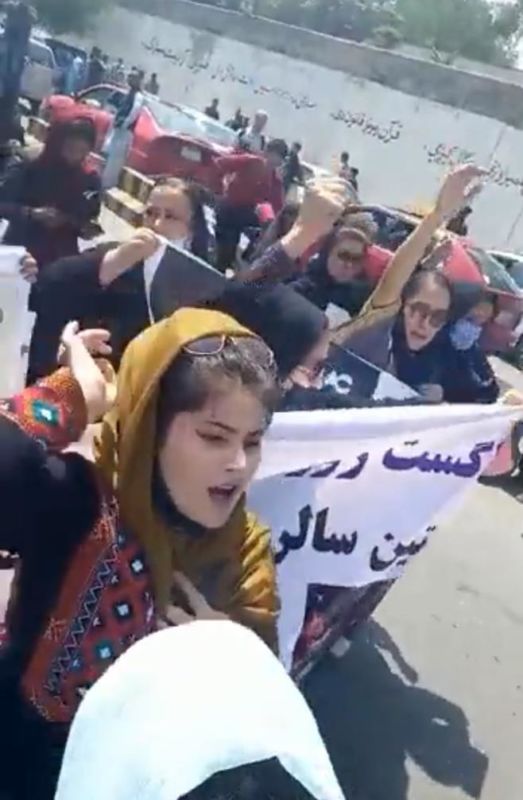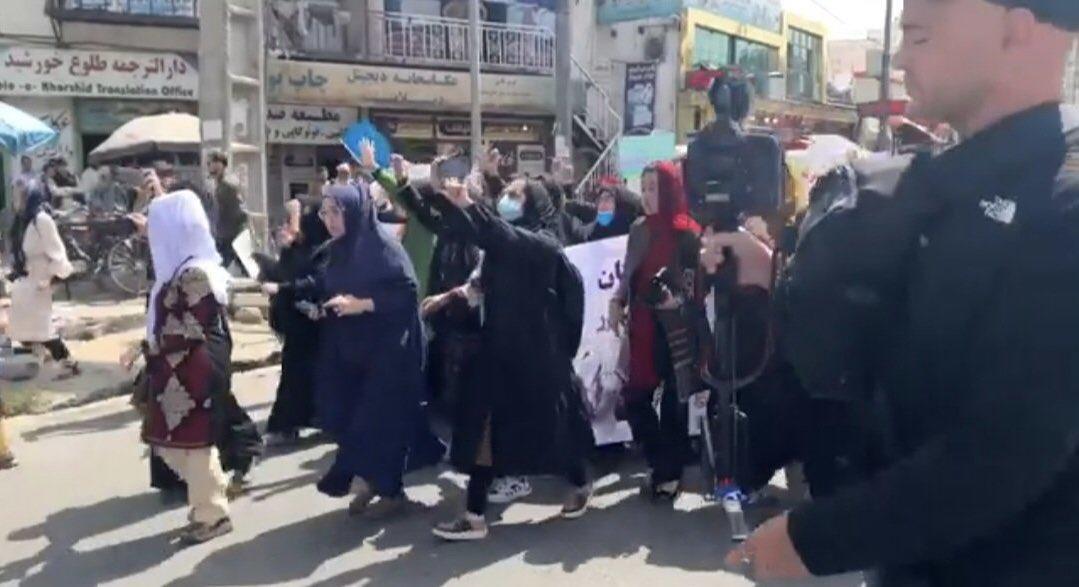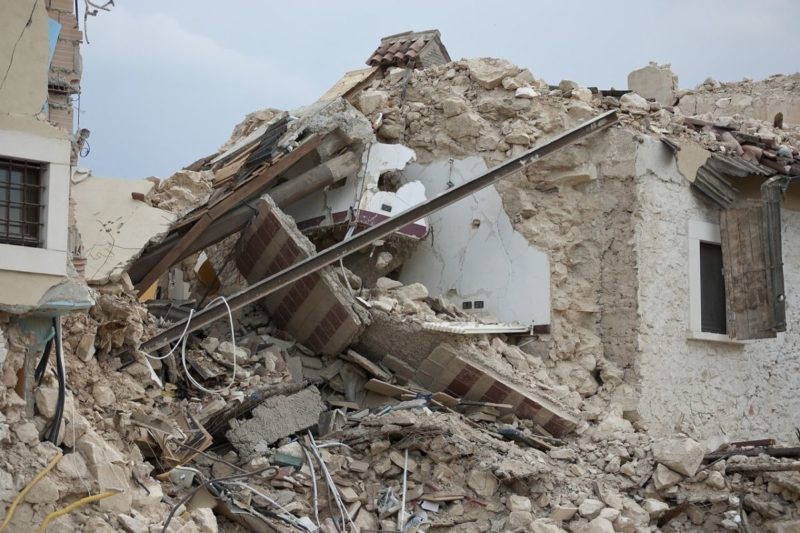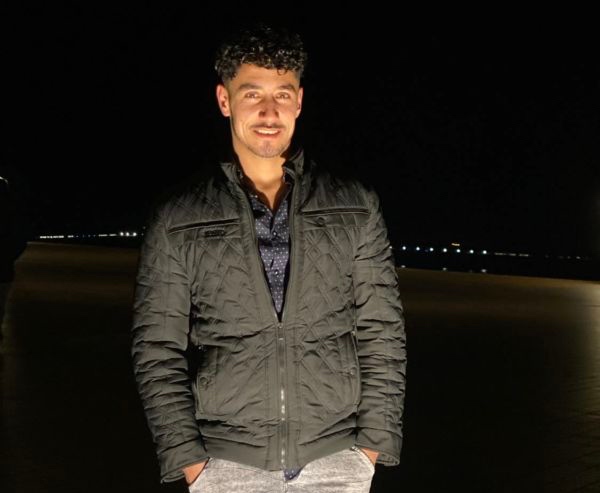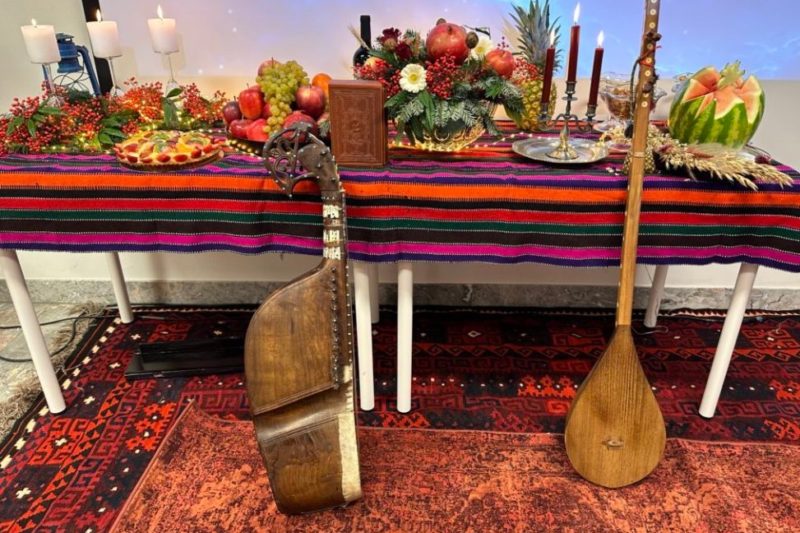Afghanistan: One year of agony
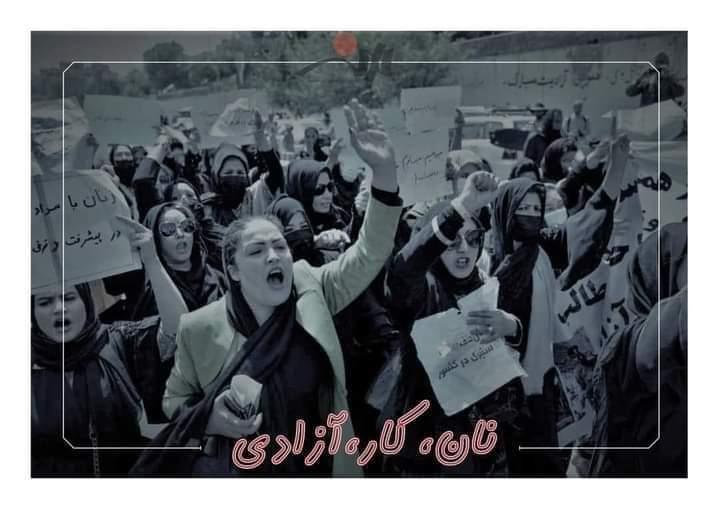
A year after the Taliban seized power, Afghanistan has once again become a living hell for everyone, especially for women. The Taliban are again imposing sexual apartheid, depriving women and girls of their most basic rights when they represent nearly 50% of the population Afghanistan is a country decimated by successive wars where the voices of women, the young generation and some ethnic groups have been silenced.
On 15 August 2021, Afghanistan was captured by the Taliban, and the Haqqani network seized power through military force. Twenty years of achievement and freedom were destroyed when the Taliban took control of Kabul.
During this past year, all the rights of civil society groups, political activists, religious minorities, and the people of Afghanistan have been ruthlessly trampled on.
Genocide, deportation and forced migration, ethnic and linguistic discrimination are common in parts of the country.
Seventy percent of the population does not have enough to eat every day. Hospitals are unable to care for all the sick and epidemics are reappearing.
Women and girls have lost even their basic human rights like access to education and, due to gender discrimination, they are living in an uncertain and hopeless situation. The young generation of the country is strongly suffering from unemployment, a lack of basic standard educational facilities and dealing with lots of unfair social restrictions.
In Afghanistan, women are obliged by the Taliban to wear a Burqa, or Neqahb and to be accompanied by a guardian in the street. Women are almost completely excluded from the world of work and education. Those who demonstrate for their basic rights are kidnapped, imprisoned, tortured, raped or killed by the Taliban terrorist group.
Universities and high schools are closed to girls. The luckiest of them continue their education in clandestine schools where courageous women continue to teach them, risking their lives.
Women in Afghanistan have, as a result, returned to resistance to warn about the nature of the new masters of Kabul. Unfortunately, their voices have been ignored by the world. The consequences are disastrous, not only for them, but for the whole country which has plunged into a terrible humanitarian crisis. To get out of it, we must first start reconsidering the status of women and involve them at the negotiating table instead of legitimizing the Taliban by the term; de facto authority. We should call the Taliban what they are: terrorists. But we are far from that point.
There are three important elements to the Taliban policy: ban women from education, the work place and from exercising freedom of speech, promoting forced marriages and their strong relation with Al-Qaida.
Women are even denied the right to organize demonstrations. Recently videos published on social media showed Taliban security forces opening fire over the heads of women who were protesting in Kabul.
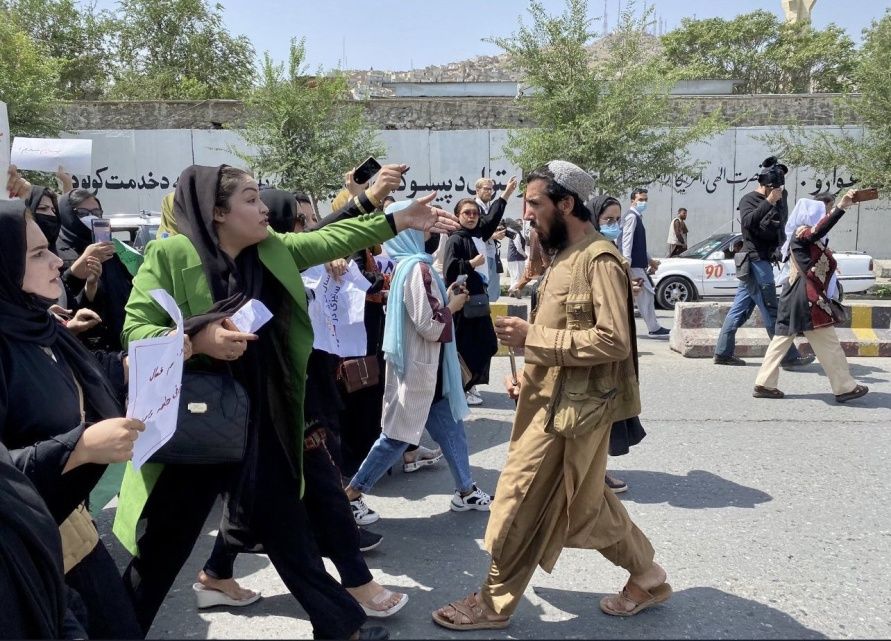

During this past year, the Taliban has become more violent, more extremist and they have imposed stronger and harsher laws, especially against the women of Afghanistan.
Every day they organize house-to-house raids in search of former workers, carry out arbitrary arrests, imprison and kill former civilians and military personnel, and continue the genocide of the Tajik and Hazara people.
The Afghan people want the international community to consider these cases war as crimes.
Freedom of expression is almost dead in Afghanistan. In this country where freedom of thought and expression is suppressed so cruelly by this group of extremists and dictators, why is the world trying to deal with these human rights violators in the way they do? Do Afghans and their lives even matter?
In the past, more than 3,000 women worked in the media. Today, there are less than 100 women working in difficult conditions, but only in Kabul. More than 250 media outlets, including TV, radio and newspapers, have been closed, and journalists are facing serious risks and danger.
President Biden revealed that al-Qaeda leader Ayman al-Zawahiri was killed by a U.S. drone strike in Kabul. Yet the Taliban have always claimed that their regime has honored commitments made to ensure that Afghanistan is not used as a base for international terrorism and that they have cut their ties with groups like al-Qaeda. However, the presence of Al-Zawahiri in Kabul seems to contradict them and shows that they are not honest with the people of Afghanistan and also with the world.
The key issues in Taliban foreign policy is the situation in Pakistan, Iran, India, Tajikistan and China. Recent events, including regular fighting on Afghanistan’s borders, are not acceptable. They sometimes try to maintain contact through diplomatic channels, as the governments of Qatar and Pakistan do, with the European Union and the UN. They are also trying to resolve the sanctions against the Taliban leadership and to resolve the economic crisis. The people of Afghanistan criticize the organizations and governments because they see that the international aid that should be going to them is in fact going directly and only into the hands of the Taliban. Every week between 23 to 30 million dollars cash is given by the UN in to the hands of Taliban and there is no report about the way the Taliban are using it.
We have to question the role of the international community especially United States of America.
President Biden’s symbolic foreign policy decisions were clearly intended to end a foreign presence on Afghan soil and a war he could not see ending, while cutting military spending by nearly a billion dollars a week.
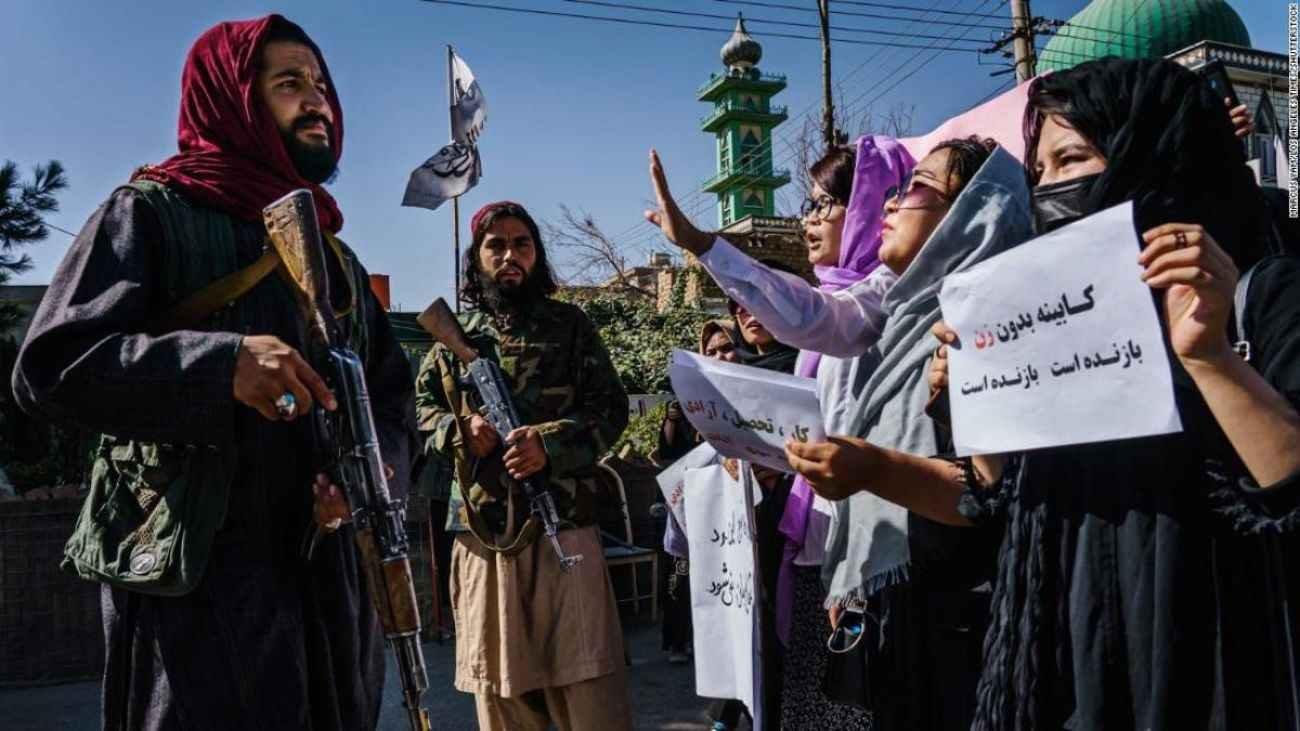
It left Afghan people facing a nightmare. Today is the time to counter the Taliban’s strategy, which human rights activists have long called for. Negotiations with the terrorists must stop immediately. In other words, the Taliban must not be recognized and humanitarian aid money must be channeled through independent NGOs
Afghan Women in Exile issued a call to action: “The ruling Taliban group does not respect any international laws, conventions or human rights. The country no longer has a constitution. The people have to undergo all imaginable sacrifices under the oppression of intransigent fundamentalists.
“The Afghan people (men and women, old and young) are living a critical situation in an atmosphere full of crimes and targeted killings. We are witnessing mass murders, killing of youth and children, rape of women and forced marriages, women protesting against the Taliban, soldiers, journalists, employees, famous people of the country, especially in the north, have been persecuted, imprisoned and murdered by the Taliban.
How is it possible in the 21st century, that a country becomes a prison for its people and the rest of the countries in the world just look on with indifference?
Pakistan’s military intervention in Afghanistan is being ignored: intervention and interference in Afghanistan’s political affairs is a long-term problem that started with the creation of the infernal ISI organization and has reached its peak in this critical situation.
Pakistani soldiers are active in the Afghan battlefield and the Taliban government system (management and leadership) is directly supported by the ISI.
Afghanistan’s underground mines and resources are exposed to looting by countries in the region, especially Pakistan. Why are the world’s legal organizations silent on this issue?
